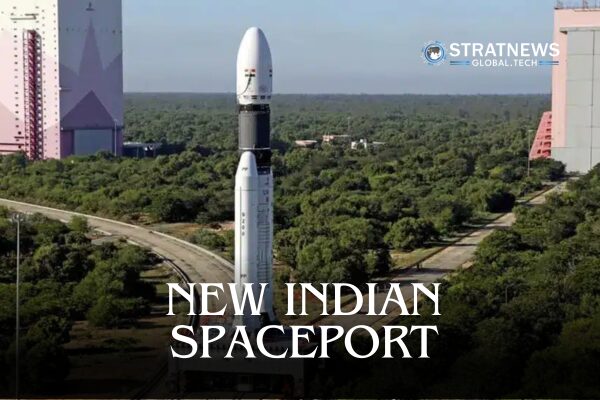Kulasekarapattinam Spaceport to Boost India’s Satellite Launch Capacity
India’s space ambitions continue to gain momentum as work progresses steadily on the upcoming spaceport at Kulasekarapattinam in Tamil Nadu. This facility is set to enhance the country’s satellite launch capabilities, especially for polar orbits, providing a significant edge over the existing launch site at Sriharikota.
Infrastructure Progress and Funding Status
The infrastructure development at Kulasekarapattinam spaceport has reached a critical phase. Most of the land needed for the project has already been acquired, with the exception of land required to reroute the East-Coast Road. Site development has been completed, and construction of technical facilities is now underway.
Additionally, fabrication of necessary equipment and structural components is taking place across several work centres. The spaceport is expected to be fully commissioned in the financial year 2026–27.
A total of ₹985.96 crore has been allocated to this ambitious project. As of 31st July 2025, ₹389.58 crore has been utilised for various developmental activities.
Strategic Benefits Over Sriharikota
The Kulasekarapattinam launch site offers several advantages compared to the existing Satish Dhawan Space Centre (SDSC-SHAR) at Sriharikota. It is particularly well-suited for launching satellites into Sun-Synchronous Polar Orbits (SSPO), which are crucial for Earth observation missions.
At SDSC-SHAR, rockets must be manoeuvred during launch to avoid dropping spent stages over populated land areas. This detour leads to a considerable reduction in payload capacity. In contrast, the geographical position of Kulasekarapattinam allows for direct launches into polar orbits without such adjustments.
This difference means that the Small Satellite Launch Vehicle (SSLV) can carry a payload of around 300 kg to SSPO when launched from Kulasekarapattinam. This is significantly more than what can be delivered from Sriharikota under similar conditions.
Opportunities for Private Space Missions
Following its commissioning, the Kulasekarapattinam spaceport will also serve as a launch base for non-government entities (NGEs). This will enable private players to deploy small satellites efficiently, marking a new era of public-private collaboration in India’s space sector.


